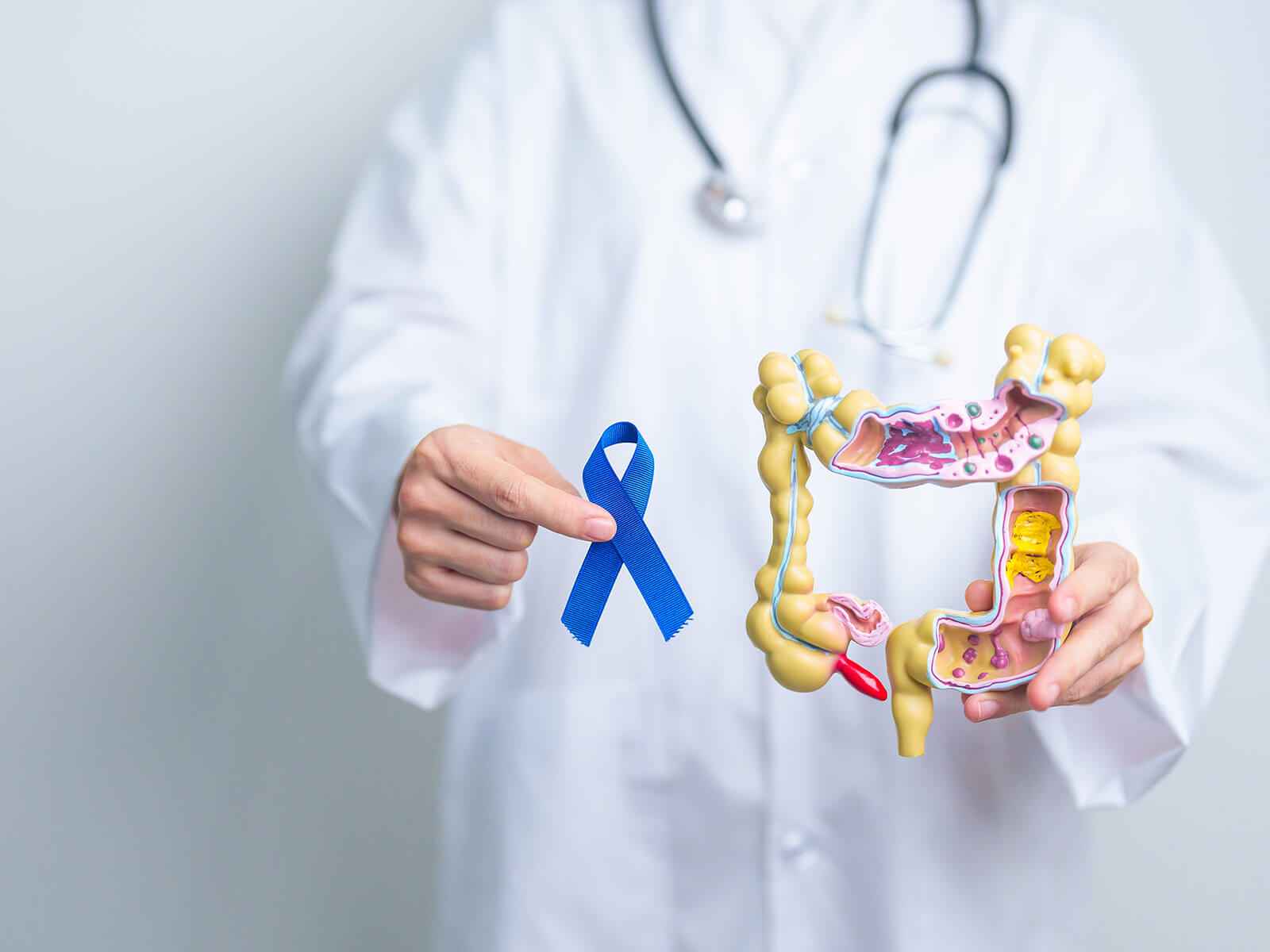
Radiation proctitis is inflammation and damage of the rectal lining caused by radiation therapy for cancers such as prostate, cervical, or bladder cancer. Symptoms may appear during treatment or develop months to years later. Early recognition and treatment help prevent serious complications.
Typical signs of radiation proctitis include:
Radiation proctitis develops when radiation harms the small blood vessels and soft tissues of the rectum. Risk factors and contributing causes include:
Don't let radiation proctitis disrupt your life. At GastroDoxs in Cypress, our experienced gastroenterologists tailor advanced, non-surgical treatments and personalized care plans to your needs. Reach out now by phone or book online to start your journey toward relief and better digestive health.
We've successfully treated more than 1.5K patients, helping individuals improve their digestive health and overall well-being through expert, personalized care.
With over 20 years of experience, GastroDoxs has been a trusted provider of gastroenterology care, focusing on delivering the best outcomes for patients
Mild cases of radiation proctitis may resolve within a few weeks without intervention, but more serious or persistent cases typically require medical treatment to heal properly and prevent complications.
Acute symptoms can appear during or within three months of completing radiation therapy, while chronic symptoms may not develop until several months to years after treatment.
Avoid foods that can irritate your bowel lining, such as spicy meals, acidic fruits, raw vegetables, tough fibers, caffeine, and alcohol.
Choose soft, low-fiber foods that are gentle on the digestive tract, like plain rice, white bread, cooked vegetables (e.g., carrots, squash), lean proteins (fish, chicken), and clear soups.
Mild symptoms can often be managed at home with doctor-approved dietary changes, adequate hydration, and prescribed medications or enemas; however, you should stay in touch with your healthcare provider for monitoring.
Yes. During a colonoscopy, physicians can directly treat bleeding areas-often using techniques like argon plasma coagulation-to reduce bleeding and promote healing.
Hyperbaric oxygen therapy can be effective, especially for chronic radiation proctitis, by delivering high-pressure oxygen to damaged tissues to enhance healing and reduce inflammation.
Recovery time varies: some patients feel better within weeks of starting treatment, while others with more severe or chronic cases may need several months of therapy and follow-up care.
Untreated radiation proctitis can lead to complications such as rectal ulcers, strictures (narrowing of the rectum), chronic bleeding, and increased risk of infection.
GastroDoxs in Cypress specializes in evaluating and treating radiation proctitis with advanced, non-surgical approaches. Call to schedule an appointment or book online for personalized care.